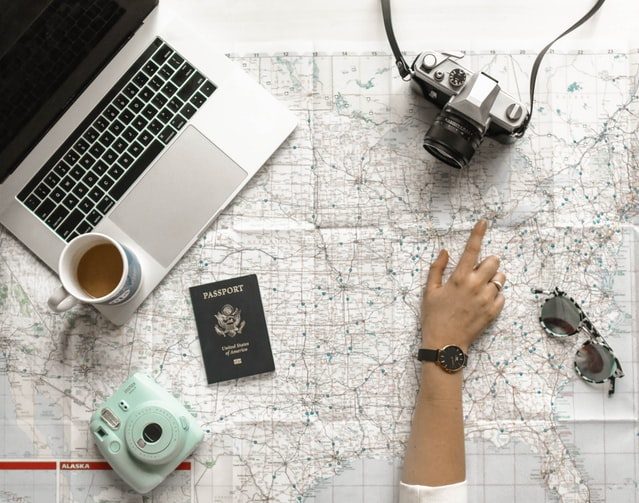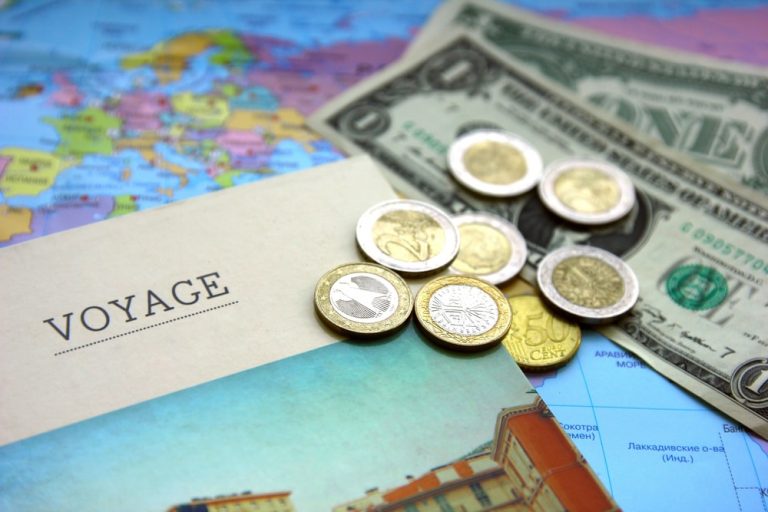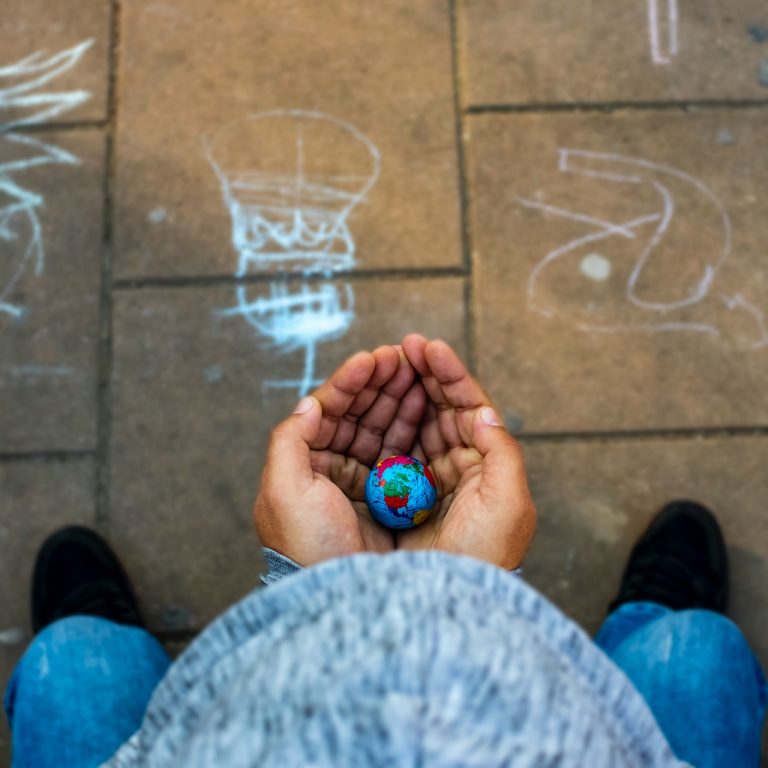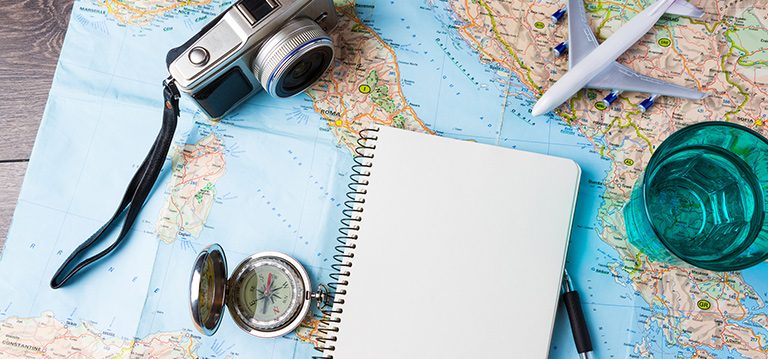>Reading time: 4 minutes
End of lockdown means… time to travel! You just stepped a foot outside and you’re already dreaming of your next vacation destination? Summer is here and all you can think about is finding the best place for relaxation and escape. However, health safety is now an unavoidable parameter for the traveller.
In this global context, the question everyone is asking is: what are the essential things to know before leaving?
Don’t worry, Moneyeti is here to answer all your questions.

Don’t travel too far away
It is preferable today to go to countries close to your home country. For example, if you live in a European country, it is safer to stay in the Schengen area. Otherwise, why not discover the beautiful local regions, explore the countryside or go hiking in the mountains? Organised group trips where you travel with 40 people in a coach or take the plane like you take the bus are a thing of the past. It is now better to go on a journey in small groups to reduce the risks of contamination and spread.
Choose the right period
Avoid the times during which everyone goes on vacation at the same time. Large crowds gathering at the same places will surely result in tighter restrictions afterwards. Instead, choose less touristic periods for your vacation. Not only will you be able to take advantage of many discounts, but you will also enjoy greater peace during your stay. The little bonus: fewer people and therefore less risk of contamination!
Do some research on quarantine details
The trip went smoothly and you set foot on the territory. Unfortunately, you are informed that quarantine for all foreigners is mandatory. Whoopsie, you should have thought about that! To avoid this unpleasant surprise, check the government website of your country of origin and don’t forget to look at the duration of the quarantine. Most countries impose a fortnight (14 days), like Norway or Hong Kong. Besides, it is important to be aware of the various restrictions of this solitary lockdown. Most countries require that foreigners do not leave their accommodation except for absolute necessities. Fourteen weeks of lockdown may also be imposed on return.
By card, please
Because of the fear of not being able to pay, 80% of travellers still use cash. In the current context, physical money is now a significant vector for the spread of the virus. Moreover, since the ease of the lockdown, payment by contactless bank card has increased from a maximum purchase of €30 to €50 in Europe, but also in other countries. This facilitates payments and limits as much as possible physical contact with card readers, which are veritable nests of germs.
Now that you know that it is preferable to use your bank card with contactless payment, you will have to be careful about hidden fees. Moneyeti does not forget you and offers you the first bank card comparator that covers more than 1,000 banks: a free tool that reveals hidden fees. No 2-pages long surprise bills when you get back from holidays ever!
Don’t forget the key accessories of the moment
The masks: surely your new daily accessory of the moment, it is an additional cost to your stay. Wearing a mask may be mandatory in public places, so it will be important to always carry one with you. In case of doubt, wear one in crowded places. Its price varies from country to country and is not always regulated by the government. For example, in France, the maximum price of a disposable mask is €0.99, while in Morocco it is €0.05. Depending on the country, the mask may be mandatory or only recommended. In France, since 20 July, it is compulsory to wear it in all enclosed public places such as public transport, shops and supermarkets.
The hydroalcoholic gel: stored in your pocket, this “repellent” anti-corona bottle will prove very practical when you can’t wash your hands with water. However, it is often available at the entrance to shops or museums and at transport stops in case you lose yours. It is sold in pharmacies or supermarkets and the price varies greatly depending on the brand and country. For example, in Spain, the price of a 100ml bottle will cost around €3, while in Taiwan it can cost up to the equivalent of €4.30 (NT$ 140).
If you ever have a health concern
Unfortunately, this can happen if you have symptoms or become ill. You may need to go to the hospital, or you may even have to stay in the hospital for several days. Beware of medical expenses, some of them are not covered by insurance. If you have symptoms or doubts, it would be wise to get tested with the COVID-19 test, even as a preventive measure. Don’t worry, we tested it for you and it doesn’t hurt. Its price varies from country to country. For example, in France, it is charged €54 and is 100% reimbursed by Health Insurance. Conversely, in the United States, this kind of test is very expensive. Its cost can vary between €90 and €450 with insurance and up to €1450 without. Think about subscribing to a travel health insurance to avoid unpleasant surprises!
Moneyeti is there to accompany you and help you enjoy your holidays despite the current situation. And you, how do you plan to travel in this post-COVID world and what will be the destination of your next holidays? Let us know your opinion in the comments!
With the participation of Célia and Tiphaine



